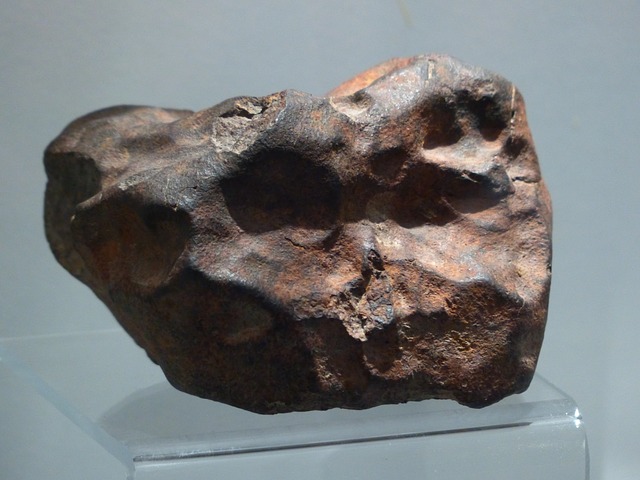Nickel, as a fairly common element, is abundant because of the earth’s natural properties. Deposits are scattered across the globe and some regions produce more than others, particularly Australia, Canada, and several countries in Asia.
However, economic landscapes in these areas are changing the conditions of the nickel trade, making it susceptible to price changes and deficits. Indonesia’s ban on all nickel exports and China’s dwindling nickel sales and port scandals are examples of these situations.
The good news is, there are two countries that are shaping the nickel game, and the deficit originating in Asia will soon be cured by the base metal industries burgeoning from these countries.
The first one is Brazil, thanks to the Rio de Janeiro-based iron ore company, Vale. According to a report by Mining.com, Vale stated a 16 percent nickel production increase in 2014, particularly in the last quarter. September 2014 allowed Vale to produce more than 72,1000 tonnes of nickel, the company’s best third-quarter performance since 2008.
The company’s total output for 2014 accumulated to 201,400 metric tons, making the company confident that it will be able to step up its revenue potential to 289,000 the next time they review their performance. Vale’s targets trump Russia’s Norilsk Nickel, the world’s largest producer of nickel, which aims to produce 230,000 tons in 2015.
The second country that promises to be a prominent figure in the nickel industry is Russia. In the Far Eastern mountainous region of Kun-Manie, Amur Minerals is declaring that they will be able to find 830,000 nickel equivalent tonnes based on a conceptual open-pit study completed in March 2015.
The detailed exploration will focus on five deposits in the Kun-Manie region, namely, Maly Kurumkon/ Flangovy, Gorny, Vodorazdelny, Ikenskoe/ Sobolevsky, and Kubuk. The discovery from these abundant nickel sources will be at a low rate of $0.03 per pound, which aims to be the lowest cost of nickel discovery in the world.
Currently, Amur Minerals is awaiting the approval of its production license from Russian Prime Minister Dmitry Medvedev to begin their fruitful exploration.
In an interview with Proactive Investors, Amur Minerals CEO Robin Young said, “we’ve been very successful in the last years; we have worked with all the appropriate Russian agencies, not to be confused with the Russian government since they are somewhat different, and we’ve been able to get all our documentation and everything updated and through the system.
As a result, the documentation, the appropriate letters and reports, are actually sitting inside the Russian government for the signature by Dmitry Medvedev.”
Once approved, it will only be a matter of time until Russia’s standing in the global nickel game shoots to the same plane as Australia and Canada this year.





